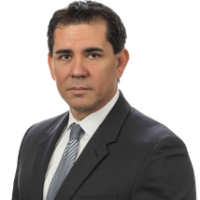Helm Estate Lawyer, California
Sponsored Law Firm
-
 x
x

Click For More Info:
-
Wade Law Group
84 W Santa Clara St Ste 750 San Jose, CA 95113» view mapWills & Probate Law Working With Excellent Attorneys
Our goal is to have our core areas of practice rank among the top in the legal community.
888-909-9430
John William Hastrup
✓ VERIFIEDCriminal, Estate, Trusts, DUI-DWI, Felony
Smart Criminal Defense
Local attorney with 15 years of legal experience. Educated at Harvard College and Berkeley Law School. Most importantly, I spend nearly every day in t... (more)
James D. Miller
✓ VERIFIEDEstate, Employment
Mr. Miller focuses on employment and business litigation, bankruptcies, as well as small business formations and startups. After graduating, Mr. Mill... (more)
John William Gordon
Trusts, Estate Planning, Estate, Business
Status: In Good Standing Licensed: 23 Years
Greg Christopher Ojeda
Government, Divorce & Family Law, Trusts, Family Law
Status: In Good Standing Licensed: 46 Years
Michelle Marie Errecart
Estate Planning, Limited Liability Companies, Real Estate Other, Trusts
Status: In Good Standing Licensed: 8 Years
Agnieszka Malgorzata Gill
Estate, Divorce & Family Law, Divorce & Family Law, Business, Personal Injury
Status: In Good Standing
 Amiel Wade San Jose, CA
Amiel Wade San Jose, CA AboutWade Law Group
AboutWade Law Group Practice AreasExpertise
Practice AreasExpertise


